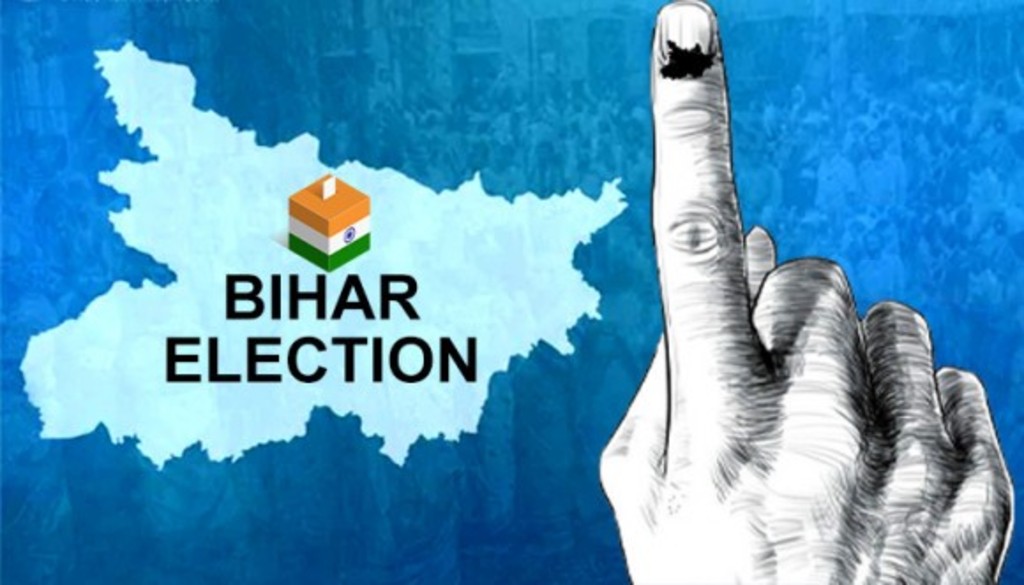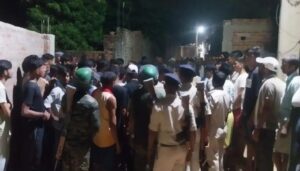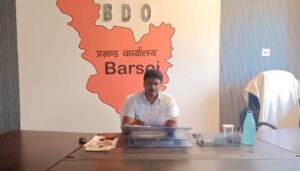
Patna: The Election Commission of India (ECI) is considering launching an intensive house-to-house verification drive during the upcoming revision of the electoral rolls for the Bihar Assembly elections, in a bid to address persistent concerns over errors in voter lists.
This move comes against the backdrop of repeated allegations by political parties, civil society groups, and other stakeholders over the inclusion of ineligible names and the deletion of genuine voters from the rolls. The ECI has consistently maintained that it is committed to maintaining the integrity and accuracy of the electoral rolls and ensuring that only genuine and eligible citizens are enrolled. While the revision of electoral rolls is carried out annually and prior to every election or by-election, the Commission appears set to take an exceptional step this year for Bihar. The last intensive house-to-house verification exercise was conducted more than two decades ago, in 2004.
Addressing migration and demographic shifts
Among the key drivers for the proposed verification are widespread internal migration, the need to update records of deceased voters, and the enrolment of newly eligible voters turning 18. According to ECI data from 2024, over 3.15 crore modifications were required across the country. This included 46.26 lakh people changing residence, 2.32 crore applying for corrections, and 33.16 lakh requesting replacements.
“The number of deletions due to death remains far lower than actual figures, as families often do not report them,” the ECI noted. Other adjustments involve corrections to personal details such as names, photos, and addresses, as well as the rationalisation of polling stations. Notably, the Commission recently reduced the maximum number of electors per polling station from 1,500 to 1,200 and aims to ensure that no voter has to travel more than two kilometres to cast their ballot. The Commission is also tasked with identifying and deleting the names of foreign nationals who are ineligible to vote, including illegal immigrants.
Legal mandate and political oversight
The process of revising and updating the electoral rolls is grounded in constitutional and legal provisions. Article 326 of the Constitution and Section 16 of the Representation of the People Act, 1950 clearly define the criteria for eligibility and disqualification. Despite this, the Commission often finds itself under fire from political quarters alleging manipulation or inflation of the voter rolls. Officials argue that the revision process is transparent, regulated by law, and open to scrutiny, with opportunities provided for political parties to file claims and objections.
The final decision on the door-to-door verification exercise is expected soon, with officials indicating that it may become a model for future roll revisions in other states if proven effective.





